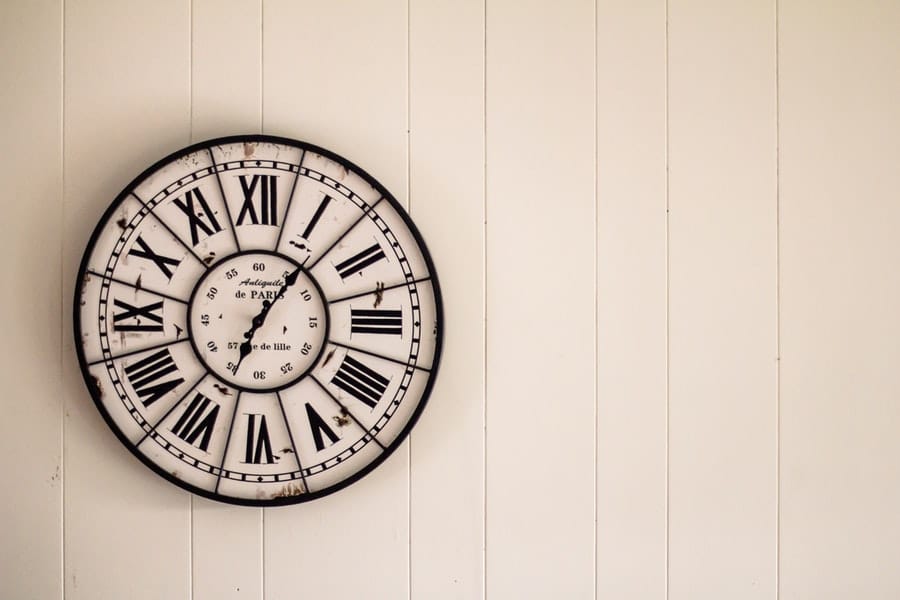Clutter can cause anxiety, stress and various illnesses. Still, we often make excuses to avoid getting rid of it. Do you find yourself thinking “I might use this later” when you try to banish items that you hardly ever touch? If so, you’re not alone. Many of our readers have had the same experience.
Is It True?
Sometimes, it does make sense to keep extra stuff. You’ll probably need spare toothbrushes, dish gloves or light bulbs some day. As long as you don’t get carried away, you needn’t worry about stocking up on a few disposable items that predictably need replacement.
On the other hand, most unused belongings will probably never “come in handy.” Take the time to think about it realistically. For example, a spare clock could sit in your closet for decades as it waits for the clock on your wall to stop working. By the time you need this item, you might not even remember where you put it.

There are many reasons why you probably won’t use something. It may expire, become obsolete or get broken. You might never fit those baggy pants or find an occasion to wear that garish sweater. Perhaps you have more than a lifetime supply of deodorant and first-aid supplies in your medicine cabinet.
- You lose it somewhere
- A ceiling leak ruins it
- It becomes unfashionable
- Supplies are discontinued
- It rusts or grows mold
- A burglar steals it
Instead of withering away in a closet, your belongings could immediately benefit someone else. It’s also possible that a factory can recycle these items and use the materials in a new way. Although some people think it’s a “waste” to get rid of things, decluttering actually reduces waste.
Helpful Techniques

Are you still sure that you’ll eventually use something? If so, set a reasonable time limit and write this deadline on a calendar. Throw out or give away the object if it’s still sitting in your attic on that date. Be firm with yourself; don’t put off decluttering for another day or week.
You could also think about or even estimate the cost of the space that clutter takes up. It doesn’t matter if you rent or own; you’re probably paying to maintain, heat, cool and insure every square foot. You’re not making the most of your money or this space when you keep lots of needless belongings.
Rare Exceptions
On occasion, you might find that you shouldn’t have let go of something. Maybe the wall clock will fail in a few months. Still, it’s better to spend money on a replacement than to let clutter waste valuable space and diminish your enjoyment of life. When you actually do need an extra item, it’s a rare exception rather than the rule.
The truth is that people seldom regret decluttering. You’ll probably forget the discarded belongings before much time has passed! If you’re like most people, you will be impressed at the sense of greater freedom that arises when you let go of things that you never use. Decluttering can banish an oppressive burden and the stress that comes with it.


I have relatives who grew up during The Depression (America, 1930’s) and some of them had trouble getting rid of stuff this article might consider ‘clutter’… because the unwanted items could be cut up (“repurposed”) or turned into something else – or, most important, saved in case somebody who needed it came along. I joined the counter-culture, I saved stuff for other people and ended up with a clutter problem. Even now, I have about 120 cans of mixed vegetables which I salvaged & which I intend to bring to a dog shelter. The cans are in a corner stacked in a corner & I’m trying to pretend the stack is some sort of high-tech furniture but I really wish it were gone
I got this website from my pal who shared with me regarding this website
and at the moment this time I am browsing this site and reading very informative posts at this time.